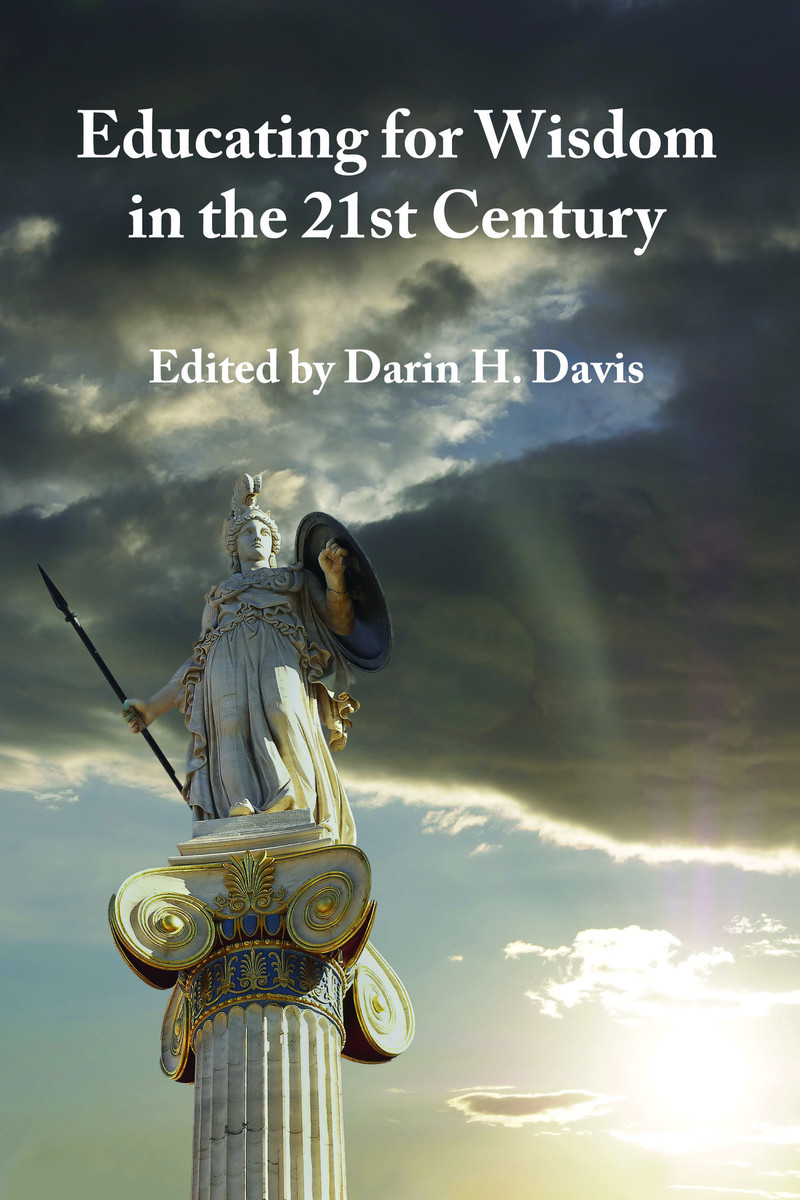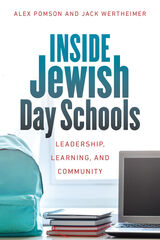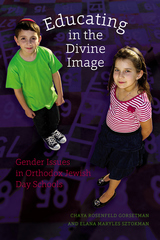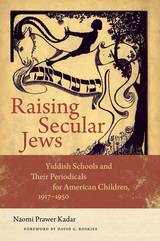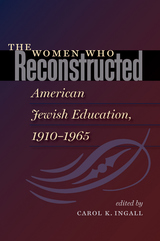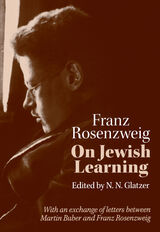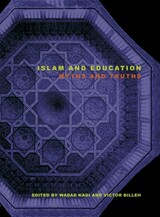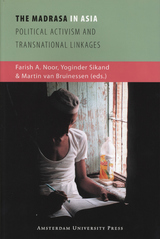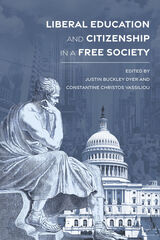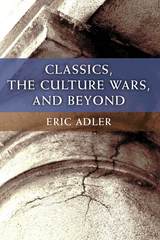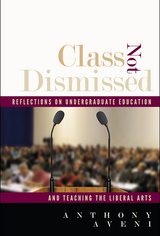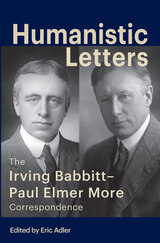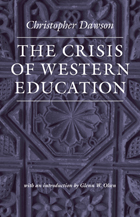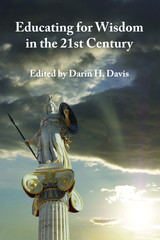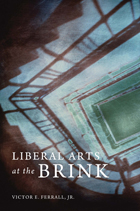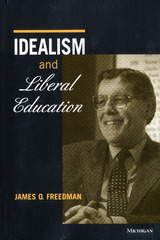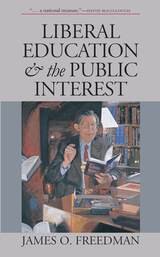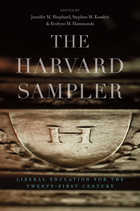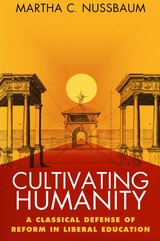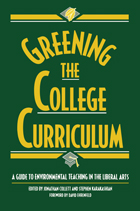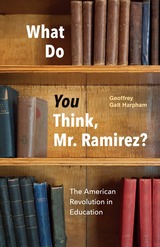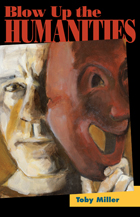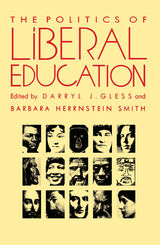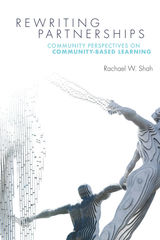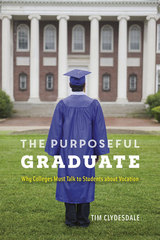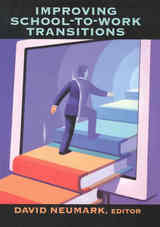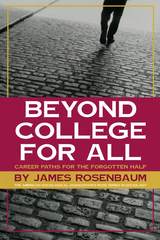Educating for Wisdom in the 21st Century
St. Augustine's Press, 2019
Paper: 978-1-58731-213-7 | eISBN: 978-1-58731-212-0
Library of Congress Classification LC1011.E385 2016
Dewey Decimal Classification 370.112
Paper: 978-1-58731-213-7 | eISBN: 978-1-58731-212-0
Library of Congress Classification LC1011.E385 2016
Dewey Decimal Classification 370.112
ABOUT THIS BOOK | TOC
ABOUT THIS BOOK
Contemporary higher education is in the midst of undeniable challenge and transformation. The cost of a college degree continues to increase by leaps and bounds as many students and their parents assume enormous student loan debt. Sweeping technological change, especially online instruction, is now forcing colleges and universities to re-envision how course content can be offered. Moreover, it is not clear what people expect colleges and universities to do in the first place. Should they be primarily devoted to preparing their graduates to enter the workforce? Should they at the same time advance innovative research across the disciplines in ways that expand the frontiers of knowledge? Should they seek to form their students intellectually, morally, and even spiritually, while preparing them for responsible citizenship and civic engagement? Should they also be the places where enthusiastic sports fans gather in grand arenas and stadiums to watch athletes pursue victory? A generation ago it was generally believed that the essential purpose of a university education was educating for wisdom — shaping the moral and intellectual character of students in ways that led them to live and do well over their entire lives. Although the mission statements and curricula of many small, private liberal arts colleges and even large state-supported universities still echo this commitment, it is by no means the defining mark of present day higher education. The contributors to this volume — which include some of the most thoughtful critics of the modern academy —contend that seeking, teaching, and cultivating wisdom remains the fundamental aim of university education. Neither lamenting the current state of affairs nor waxing nostalgic for bygone days, the authors in this volume reflect upon the nature of wisdom, its sources, and how it again might animate teaching and learning in 21st century. With essays from Anthony Kronman, Andrew Delbanco, Darin Davis, Celia Deane-Drummond, John Haldane, and Walter Brueggemann, this volume brings together a distinguished and diverse group of voices to consider this timely and important topic.
See other books on: 21st Century | Aims & Objectives | Aims and objectives | Education, Higher | Education, Humanistic
See other titles from St. Augustine's Press
